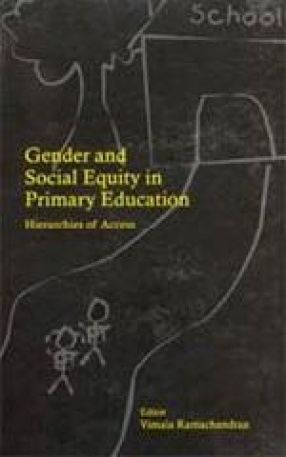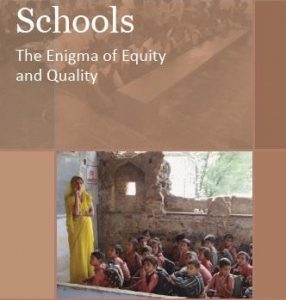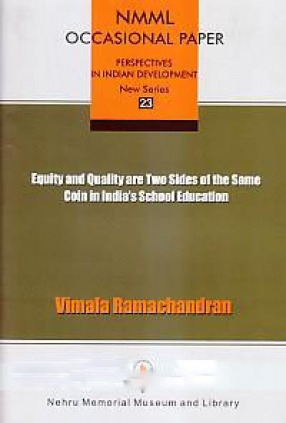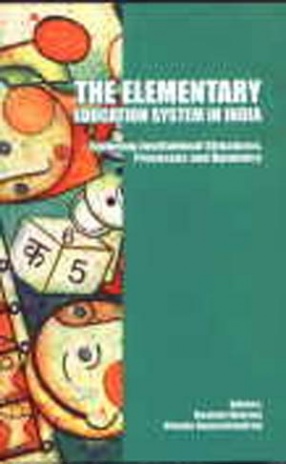In recent years, India has made impressive strides in increasing literacy rates and in enabling access to education. The country now seems well set to provide universal and good quality basic education. Yet, behind this otherwise rosy picture lie serious concerns relating primarily to gender and equity. This volume provides an insightful understanding of the ground realities of primary education programmes, particularly those run by the District Primary Education Programme (DPEP). Combining secondary research with field studies conducted in six states, the contributors explore gender and social equity issues in primary education. They conclude that there is a subtle but nevertheless discernible ‘hierarchy of access’ to education, which has resulted in new forms of segregation in primary schools. The findings indicate that a child’s gender, caste, class and community tend to define the nature of the school he or she attends which, in turn, has implications for the processes of teaching and learning. The field studies also explore the perceptions of parents, teachers, children and the community regarding primary schooling and the impact of the DPEP. The volume additionally elaborates on the institutional mechanisms and strategies required to improve schooling and reduce inequalities, as also assesses the efficacy of various non-formal and alternative education initiatives. Vividly capturing the texture and nuances of primary education through qualitative investigations, this volume is unique in drawing attention to the new segregation in basic education. It will be widely welcomed by educationists and sociologists and will be equally useful to policymakers, administrators, teachers and NGOs engaged in education.
Gender and Social Equity in Primary Education: Hierarchies of Access
In stock
Free & Quick Delivery Worldwide
reviews
Bibliographic information
Title
Gender and Social Equity in Primary Education: Hierarchies of Access
Author
Edition
1st ed.
Publisher
ISBN
817829382X
Length
381p., Tables; References; Bibliography; Index; 22cm.
Subjects








There are no reviews yet.